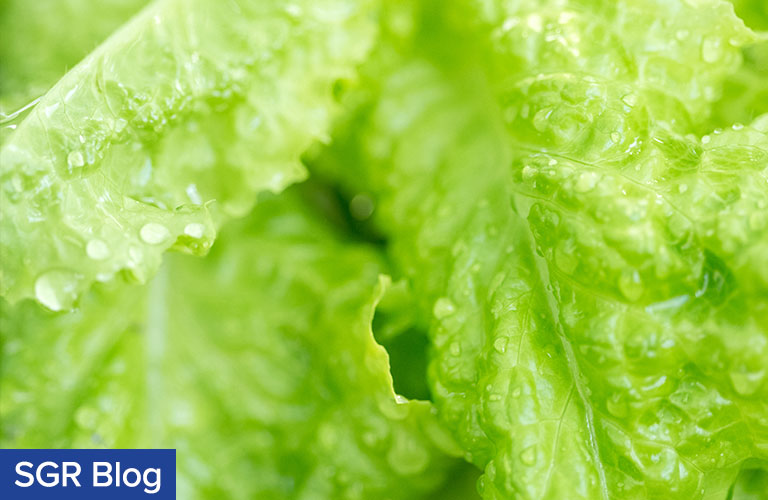
A recent National Advertising Division decision concerning salad spinners reminds us that precise claims require precise substantiation, no matter the nature of the product. DKB Household USA Corp. (Zyliss SwiftDry Salad Spinner), Report #6188, NAD/CARU Case Reports (May 22, 2018). In Zyliss, the advertiser made a variety of quantified claims all boiling down to one number: 25%. Zyliss asserted that its SwiftDry salad spinner removed 25% more water than the competition. OXO International, Ltd. – the maker of a competing salad spinner – challenged that claim, and the NAD ruled in favor of the challenger after rejecting Zyliss’s proposed substantiation.
In support of its claim, Zyliss provided NAD with a single study – a red flag right out of the gate. NAD reviewed the study in detail and found three fatal errors. Before getting into the substance of those errors, however, NAD emphasized that it “is critical that [quantified performance claims] are adequately supported because they convey information that consumers are unable to evaluate for themselves;” a prelude to its deconstruction of the Zyliss study.
First, NAD noted, disapprovingly, that the study was performed on “simulated leaves,” rather than actual produce. Use of substitutes is a big strike against a study’s persuasive effect – after all, a substitute simply cannot behave precisely like the real thing in all circumstances. “Indeed, NAD has often rejected tests that have not studied the actual material to be used with the advertised product.” NAD further observed that using the product in a manner other than that directed on product packaging is similarly disqualifying.
Second, NAD highlighted that there was no analysis of statistical significance in the study. While statistical significance is always an important measure of a study’s results, “[f]or claims that promise a quantified level of performance, this is even more important.” NAD inferred from the small sample size (each product was tested only five times), and the wide variation in test results (variation of up to 40%), that the study was unlikely to demonstrate a 25% improvement of the Zyliss product to a statistically significant degree.
Third, and finally, NAD explained that broad superiority claims – e.g. “25% better than the competition” – must be supported by testing the product against all or a substantial portion of the competition. Testing against only a small selection of the competition cannot support such broad claims.
The Zyliss decision is an important reminder that, while NAD does consider the nature of the products at issue, and while unsubstantiated claims for salad spinner effectiveness are far more likely to leave you with a soggy salad than with adverse health consequences, a quantified claim still requires precise support.

